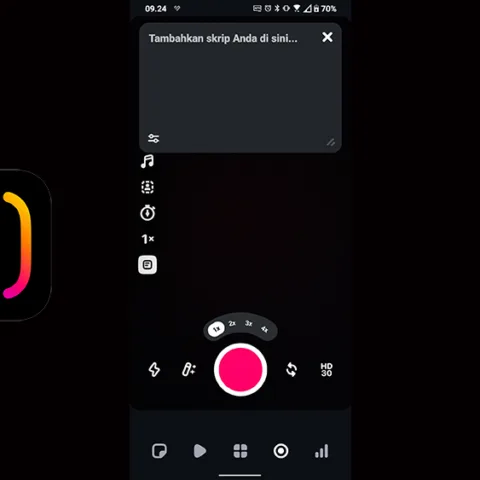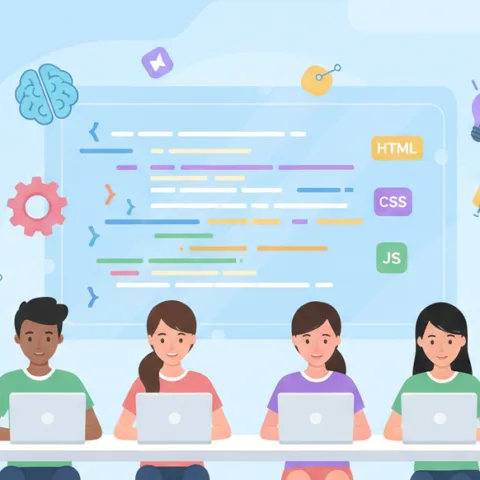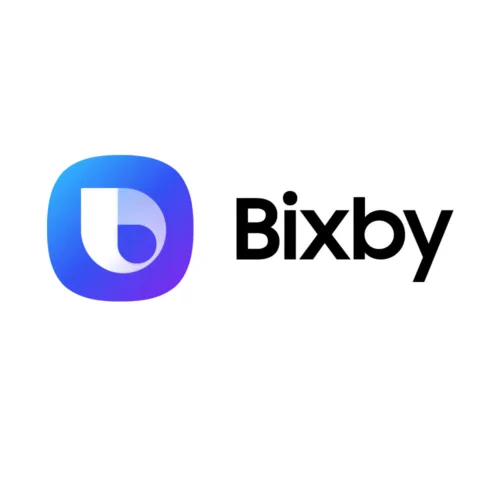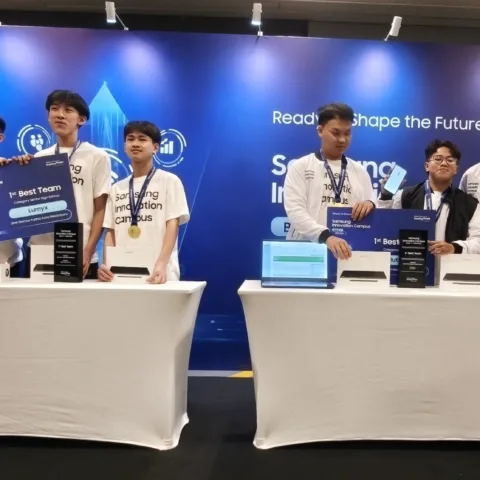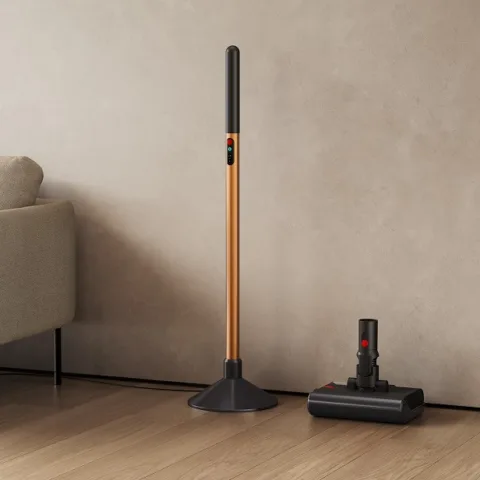When asking about the most well known or successful mobile devices, platforms, and Internet services, the expected answers would be iPhone, Android, Facebook, Twitter, Google, and so on. These names tend to dominate the discussion among industry insiders primarily because the majority of them use those products and presumably it’s what certain surveys and discoveries show, which tend to reflect consumers aged 25 and above. But what about the teens or university students? How do they see the tech landscape? Check out part two of our discussion with teens on tech below. Don’t forget to read part one.
Photo and video sharing
These students prefer to share videos and images through Facebook because it has the thumbnail preview that lets them see what it’s about before having to click on them and because they can categorize them into albums.
Nobody knew about Instagram until some other friends decided to link their Instagram accounts to Facebook which got them curious. They said Facebook is the best way to promote any new online services that might come up because “it’s the place where everything is being put and linked to”, said one of the students.
These students use Instagram only when they feel like it and it’s mostly self portraits or food. “In Instagram you put effort in giving filters and such. It feels like you’re showing off. It’s not like that in Facebook photos. You just capture and upload. That’s it.”
For them, the most important thing about sharing photos or anything else on the Internet for that matter, is, apparently comments and people’s reactions. They prefer Facebook for photo sharing because “everyone” can comment on it. On Instagram, viewers have to be Instagram members to comment. Nevermind that you have to be a Facebook member to comment on Facebook, since “everyone” is on Facebook, that’s not an issue.
Flickr is for professional and serious-looking photos. “If you want to see work of professionals, go to Flickr”, said one of the students. Instagram is for photos with filters while Facebook is for casual photos.
Just like Facebook and Flickr, they see YouTube and Vimeo in the same light. YouTube is more approachable and friendly while Vimeo is too nice and feels too professional. They go to YouTube for funny videos, movie teasers and tutorials.
Messaging
Instant Messaging is seen as the teens’ preferred choice of communication medium but among the many available choices, which one do they use?
WhatsApp and BBM are the two prevailing services among these students. While LINE may be popular, it’s only attractive because of its stickers and games. KakaoTalk is still far too new for them to use and not many of their friends are on it.
Google Talk is nice and convenient because it’s fast and integrated into Android phones but it’s not popular. However, Google’s other service, Hangout, is popular. They said they use Hangout for group calls and video conferences because it runs smoothly and free.
While they don’t like to use Yahoo Messenger or MSN, they have to sometimes because online shops rely on these services. Yes, they buy things online confidently and often compare prices with physical stores. They don’t find malls as interesting anymore because online shops also have discounts and sale periods.
Take away
The general take from the discussion with these students is that they choose a particular online service or network because their friends use it as well and people can look and comment on them. They want to show off to their friends that they’re having a good time. It’s about the moment, the present.
They’re happy with where they are right now with the tools and services they use and not bothered with what may be the next big thing. If they happen to come across something cool, they might use it but only if it’s convenient.
They don’t want to have to think to share and they look or convenience, perhaps because thinking is for classes in school. Thinking is work and when they use online services like Facebook and YouTube, they just want to be able to put their gear into Drive, cruise along, and enjoy the scenery.
We would like to thank Retno Nindya Prastiwi from Bina Nusantara University for affording us the opportunity to have this discussion with the students.



